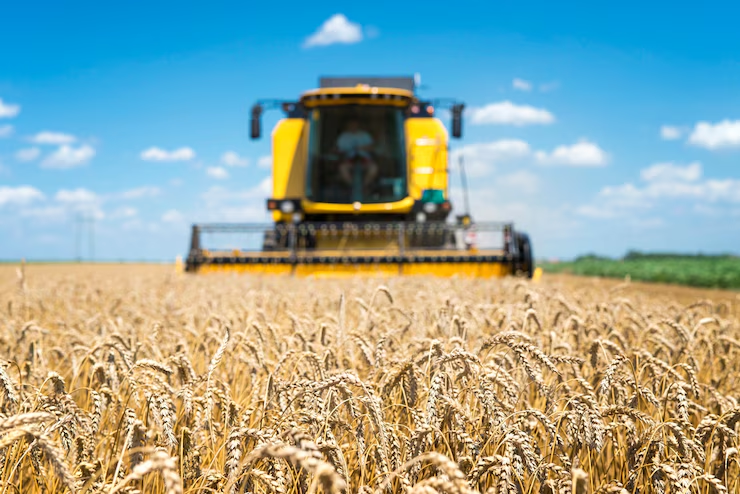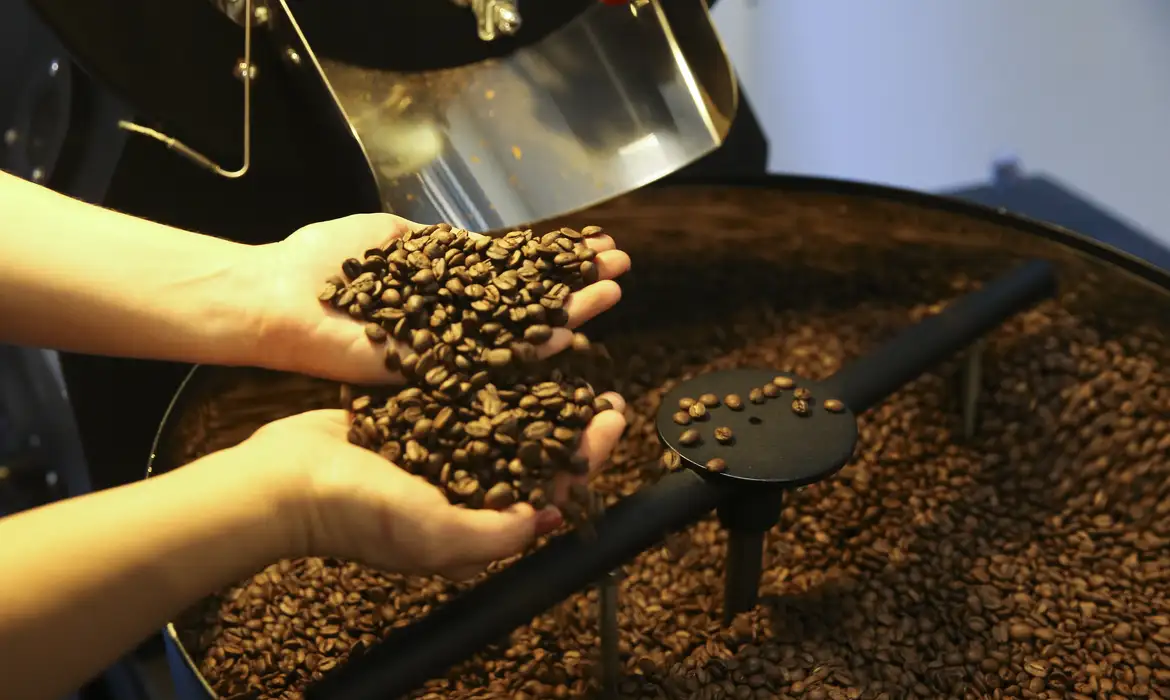Deadline to contribute to the regulation of agricultural self-control ends this Tuesday (16)

According to concierge from the Ministry of Agriculture and Livestock (Mapa), anyone wishing to participate in the Public Subsidy Taking (TPS) for the regulation of the law must fill out the quiz which is available in the Normative Acts Monitoring System (Sisman), of the Secretariat of Agricultural Defense (SDA).
Rapporteur of the proposal that gave rise to the law, federal deputy Domingos Sálvio (PL-MG) says that it was “widely debated” since the beginning of its procedure in the National Congress. The parliamentarian defends that, now, in the regulation phase, the dialogue continues, without, however, changing the essence of what was approved.
“There were dozens of public hearings and all sectors were heard. It is good that there is still an environment for dialogue in the regulation phase, but it is necessary to be attentive so that what was approved as law is effectively put into practice, since it has already sanctioned, and it is now up to the ministry to regulate how to apply the law so that it, in fact, produces positive effects for society as a whole and, in particular, for the food production sector in Brazil, which generates millions and millions of jobs and income for all Brazilians”.
What does the agricultural self-control law say?
By law, the agricultural defense system, formerly the exclusive responsibility of the State, now has the participation of the productive sector. Agricultural defense is nothing more than a set of rules and actions that aim to ensure that the products and food that reach Brazilian consumers are safe and of good quality.
The norm requires that each sector of the agroindustry adopt programs of self-control of production. These programs must contain organized and auditable data on the production process, from obtaining the raw material, going through the ingredients and inputs, to the manufacture of the final product or food. Before the law, some segments, such as slaughterhouses and dairy products, had established processes for self-control of production, but now this is mandatory in all activities.
The text says that it is up to the Ministry of Agriculture and Livestock to establish the basic requirements for the productive sector to develop self-control programs.
In the United States and Europe, self-control has been widely applied in agroindustry since the 1970s. The practice is recommended by international organizations, such as the Food and Agriculture Organization of the United Nations (FAO).
Those who defend the proposal argue that, by forcing companies and producers to adopt strict control from the beginning to the end of production, the government encourages constant technical and technological improvement in the agro-industrial sector.
According to Domingos Sávio, the objective of the law is to make the agricultural defense system more efficient, while at the same time ensuring that the products and food verified by this system are safe for consumption.
“The law modernizes the sanitary defense system without any prejudice to hygienic and sanitary controls, which are essential for the preservation of public health. This is perfectly possible to be reconciled with efficient production, which is fundamental for Brazil’s competitiveness in the foreign markets and even to have a quality product at an affordable price reaching the Brazilian consumer.”
Efficiency
Inspection remains exclusive to technicians and tax auditors from the Ministry of Agriculture and Livestock, as well as the administrative police power to seize goods and close companies that do not comply with the rules.
Modernizing the agricultural defense system tends to help even the work of the MAPA officials responsible for auditing and inspection, say defenders of the law. The argument is that the staff of technicians and federal auditors has not been able to keep up with the growth of the Brazilian agroindustry. Between 2009 and 2020, the number of this type of establishment grew by 4.25%. The number of active auditors fell by 31.3% in the same period.
In 2005, there was one auditor for every 7.7 establishments. In 2020, this proportion dropped to one auditor for every 18 establishments. With the adoption, standardization and modernization of self-control practices for all sectors, inspection work tends to be optimized for strategic activities that present greater risk.
Senate approves project that allows producers self-control in agricultural production
By Brasil 61




